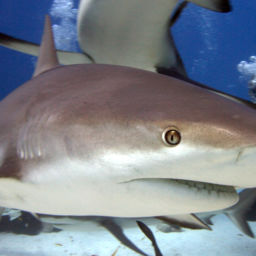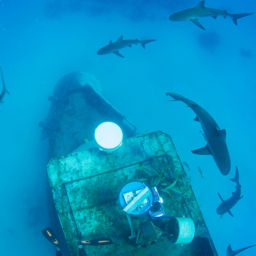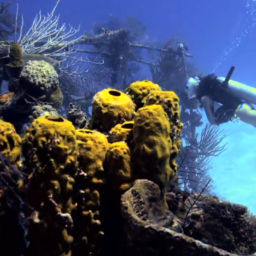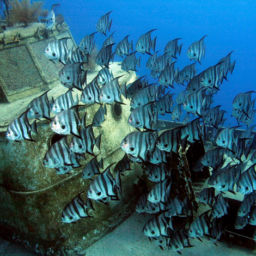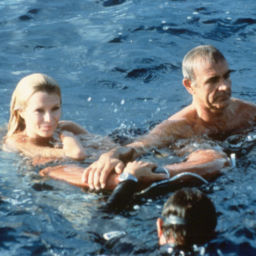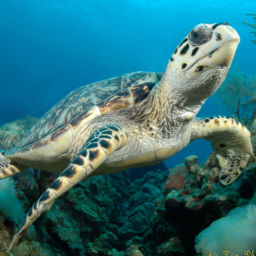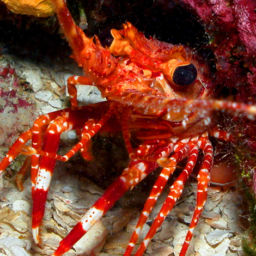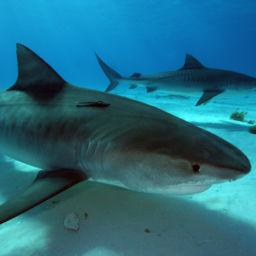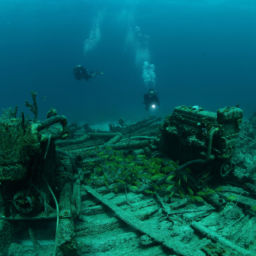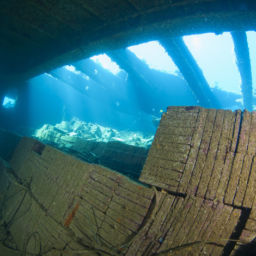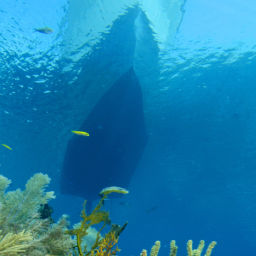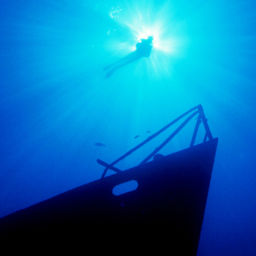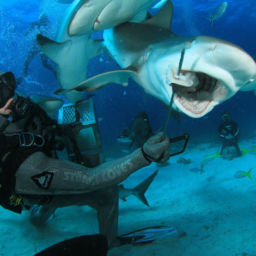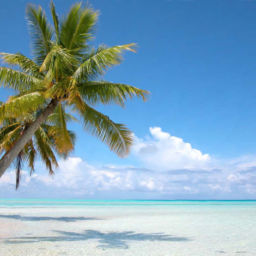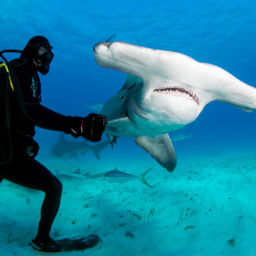Many divers believe that only marine biologists and scientific divers can help restore coral reefs, but you need only be a regular Open Water diver with an interest to get involved. The Coral Nursery Restoration class at Stuart Cove’s Dive Bahamas is open to novice divers and after just a day’s training you can participate in conservation dives. Expanding nurseries require more divers to work as “gardeners” and help with their continued success.
Coral reefs are home to one-third of all known marine species. They provide coastal protection and habitat to a wide range of fish and invertebrates. Coral reefs are in rapid decline the world over, however. Coral nurseries are just one part of the puzzle to help restore them. Different countries have been growing a variety of corals; Acropora cervicornus has been the main focus in the Caribbean, with spectacular results. Sadly, the IUCN Red List of threatened species listed Acropora cervicornis, commonly know as staghorn coral, as critically endangered in 2008. This fast-growing branching coral is particularly vulnerable to threats such as temperature extremes, storms and disease. However, because of its fast-growing abilities, it has made for an ideal candidate for coral nurseries.
Conservationists are creating many different types of coral nurseries. When divers participate in a course, they’ll have specific training for the type of nursery at that location. Some nurseries are floating, typically with lines or frames suspended off the sea floor; others are fixed to the bottom, such as blocks or frames. Each type follows a similar process, and all require regular maintenance. Divers attach a small coral fragment to the frame and, once it grows large enough, plant it on existing reefs.
Get Involved: How to Help Restore Coral Reefs
Many dive centers now offer coral-restoration courses to their guests. Marine biologist Lisa Terry of The Nature Conservancy wrote one such course, the Coral Nursery and Restoration Specialty Course. This Distinctive PADI Specialty course includes a half-day of theory, learning about coral biology, identification, reproduction, why coral reefs are important, what threats corals face, nursery methodology and maintenance techniques. During your Open Water Dives for the course, you’ll first work on buoyancy skills, such as task loading while hovering to fine-tune your control in the water. The nursery structures and corals are very delicate. You must have controlled movement while working on them to prevent causing any damage.
After the various buoyancy skills, you move on to clean algae from the structures. Algae can smother and kill corals, so it’s important to remove them thoroughly on a regular basis and. Volunteers must also remove predators, such as fireworms and snails, that feast on the coral polyps. They’ll also learn how to differentiate between paling, bleaching, predation and disease to provide information to nursery data collectors for records and analysis. Those studying marine sciences, biology or conservation, or even just someone who wants to do something different while diving will find the course appealing.
Becoming a Coral Nursery Restoration diver not only gives back to the ocean and helps restore coral reefs, but also greatly improves your buoyancy skills, creating noticeable improvements in your general diving abilities — it’s a win for you and for the reefs.
The Coral Nursery & Restoration Specialty is available at Stuart Cove’s Dive Bahamas for both diver and instructor levels. Contact PADI Course Director Hayley-Jo Carr at [email protected] for details.
www.facebook.com/
http://www.linkedin.com/in/
https://twitter.com/
https://instagram.com/
Images by Fin Photo for Stuart Cove’s Dive Bahamas


